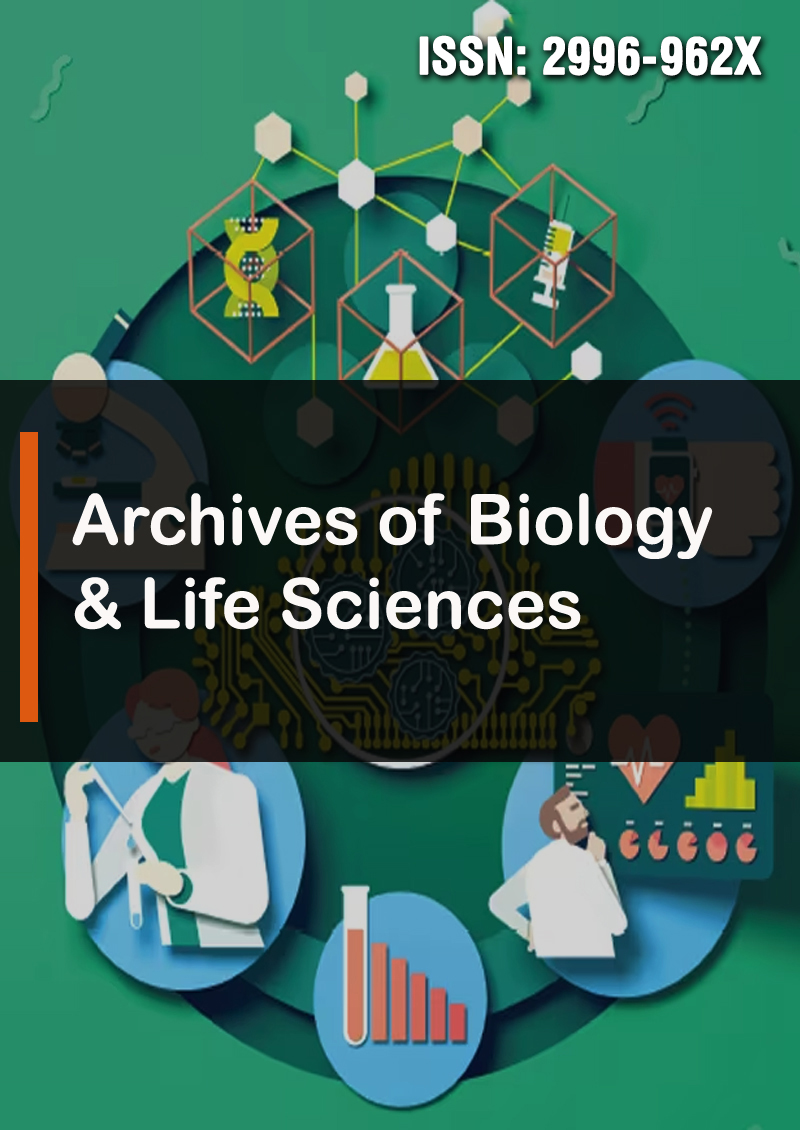Phytoremediation of Heavy Metal-Contaminated Soil Using Moringa Oleifera
Abstract
Hassan Abdulrahman Ocholi, Zakari Adeiza David, Momoh Theophilus Boniface, Shuiab Yusuf Danjuma, Adefila Adebimpe Moyosore, Isoja Stephen Ojochegbe and Muhammed Abdulsamad Adeiza
Heavy metal contamination poses a significant threat to environmental health. Phytoremediation, a green technology that utilizes plants to remove pollutants, offers a sustainable and cost-effective solution. Moringa oleifera, a fast-growing tree with remarkable phytoremediation potential, has gained significant attention due to its ability to accumulate heavy metals. This study investigated the phytoremediation potential of Moringa oleifera for heavy metal-contaminated soil. Moringa oleifera plants were exposed to different concentrations of lead, cadmium, and nickel. Results showed that increasing heavy metal concentrations significantly reduced plant growth parameters, including height, shoot biomass and root biomass. However, Moringa oleifera demonstrated a remarkable ability to accumulate heavy metals, particularly in its roots. The increased accumulation of heavy metals led to oxidative stress, as evidenced by the increased malondialdehyde content. These findings highlight the potential of Moringa oleifera as a promising phytoremediator for heavy metal-contaminated soils. However, further research is needed to optimize its phytoremediation potential and address the limitations associated with metal toxicity and plant growth.



